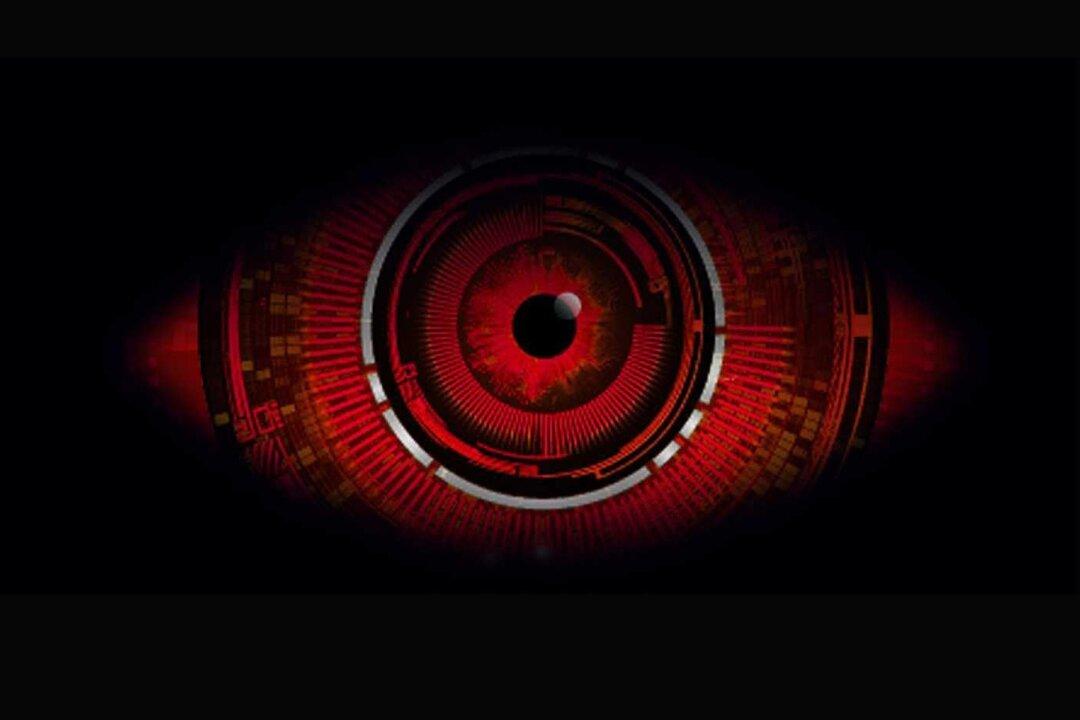Commentary
We’ve been waiting for the big thoughts on the meaning of it all. Where does the crisis of our times fit into the historical trajectory? What does it all imply for how we should think about politics, culture, society, our lives, and our futures? A frustrating part of current intellectual life is that too few dare even to think much less write such big thoughts.





